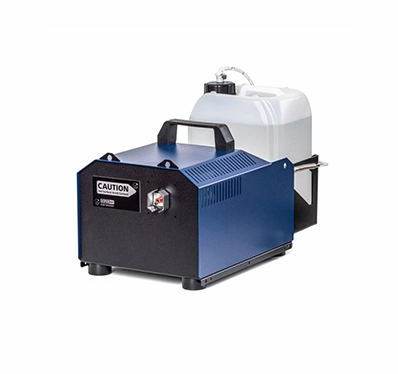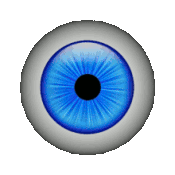“What I know I’m trying to forget”: In Conversation with Aleksi Perälä
Freddie Hudson talks to a personal hero, the prolific Finnish artist Aleksi Perälä, who will take a break from his intense studio routine to do a listening session and play live at Ankali on Friday.
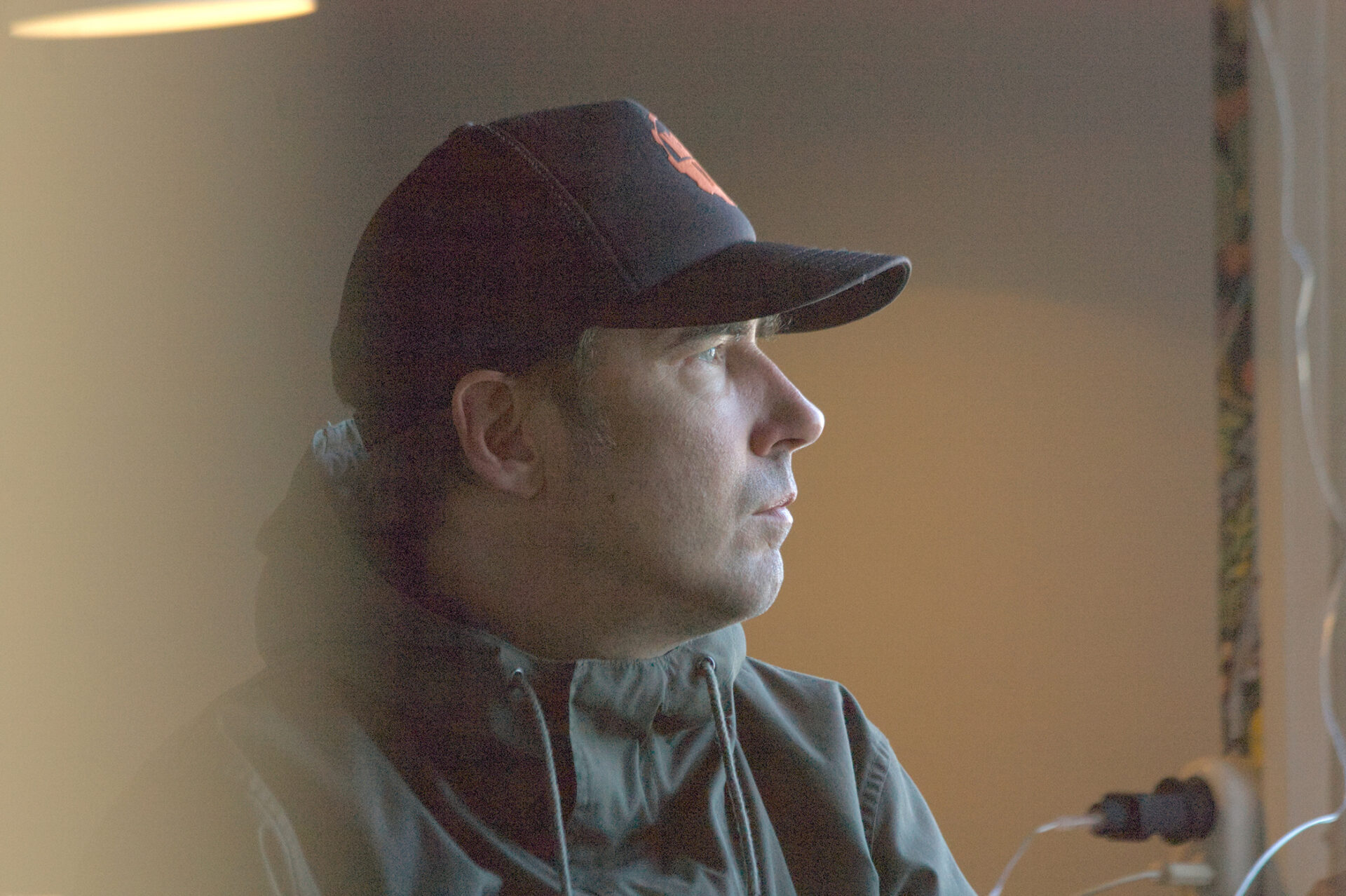
When I think about what makes a musician truly compelling, I think about sound worlds: the music I seek is made by those who create music so entirely unique that there is no comparison with any other, no one else I can go to in order to fulfill a niche of my music tastes. These artists may work within frameworks laid by forebears — stylistics such as genre — but they are distinct from the oceans of producers who never venture beyond playing within certain walls, no matter their talent.
Removed in such a way from any comparable peers or equals, the musicians I yearn for operate in a world of their own: there’s no dealing with things such as competition, because they’re in a different galaxy entirely from the rest. Aleksi Perälä is easily one of the most arresting individuals operating in electronic music today for all of these reasons.
Always having been a producer of considerable note — releasing on Rephlex under his own name, and also the aliases Ovuca and Astrobotnia — the Finnish musician has, over the last decade or so, ascended to a place far above the generic and repetitive, and his name is now emblazoned amongst the stars as a pillar of musical inventiveness.
There’s one key cause to thank for all this: the ineffable and mysterious Colundi Sequence. Since around 2014, Perälä’s music has been composed “in collaboration” with Colundi, an array of resonant frequencies esoterically informed by the human body, its interrelations with the natural world, and astrological phenomena.
Effective collaboration with the Sequence eschews Equal Temperament tunings, disregarding C major chords and diminished minor 7ths in exchange for a conversation with sounds removed from Western classical music, and which, according to Perälä, form an intangible backbone to reality itself. Sounds that allow the listener to communicate with a higher something that sits behind the veil.
This fairly evangelistic sentiment is completely intentional. Anyone who has indulged in Perälä’s albums with seriousness and intention knows his music is undeniably integrated with spirituality: even those who believe in no form of magic or spirituality cannot argue that there is no evidence of magic in his music.
Working in a field of sound completely unto his own, Perälä weaves together layers of these harmonic overtones to create a web of light atop frameworks of electronic music in dizzying diversity: be it pure ambience, techno or drum and bass, Perälä’s covered them all, and in bewildering volume — there’s more than 100 albums by Perälä built with Colundi tuning since 2014.
Ahead of his double-bill appearance at Ankali on 12th May — for the listening-session Jedno Ucho, and for the Lunchmeat x Archiv Teknologi club night later that evening — I spoke with Perälä via email, asking questions that seek to crack the lid of Colundi open a little wider, in the hopes of capturing a little more of the light coursing inside the ineffable musician’s mind.
Hey Aleksi: firstly, very excited that you’re making a trip down to Prague to perform your live set, and also take us through a listening session for the Jedno Ucho pre-event. Can you briefly give us some hints as to what people can expect from the listening session, and later at the club night?
Thank you for having me. The listening session will be a premiere of ALITHIA A’ — the first part of an album series coming out in the summer. The club gig will be a mixture of dance music I’ve played live over the past few years. I used to only play new, unreleased stuff. Now it feels nice to look back and reflect. I haven’t played in Prague before. I only want to play ambient shows from now on. It feels right at this point.
I ask about what to expect, because as a pretty devout listener to (almost) everything you release, there’s a diverse potential of sound worlds on offer, from simmering percussive downtempo to elevated party material — and your creative well seems to never run dry. How do you find yourself settling on a certain ‘theme’ within an album? What decides that the next one will be more dancefloor oriented, or more for listening than dancing?
It happens naturally. I have no idea what I will be into next. I go through phases and throw myself in fully. I love doing stuff; most of the time. That means 14 hour days, almost every day. Age is a big factor here. I am getting older and my focus from now on will be more on ambient music.
These days the whole thing is driven by sounds. Music is the side product. I spend my time making sounds from sine waves. I am on a two year grant from KONE foundation. The project is to make sounds and music using additive synthesis based on colundi frequencies. My interest is in world music; percussion, bells, bowls, plates, bars etc. Mainly wood, stone and metal.
I use “real life” sounds too to make it more diverse; using only sounds made from sine waves starts feeling a bit too clinical — especially after a couple of years. I love sampling, it’s one of my favourite things to do. I mostly sample real life objects.
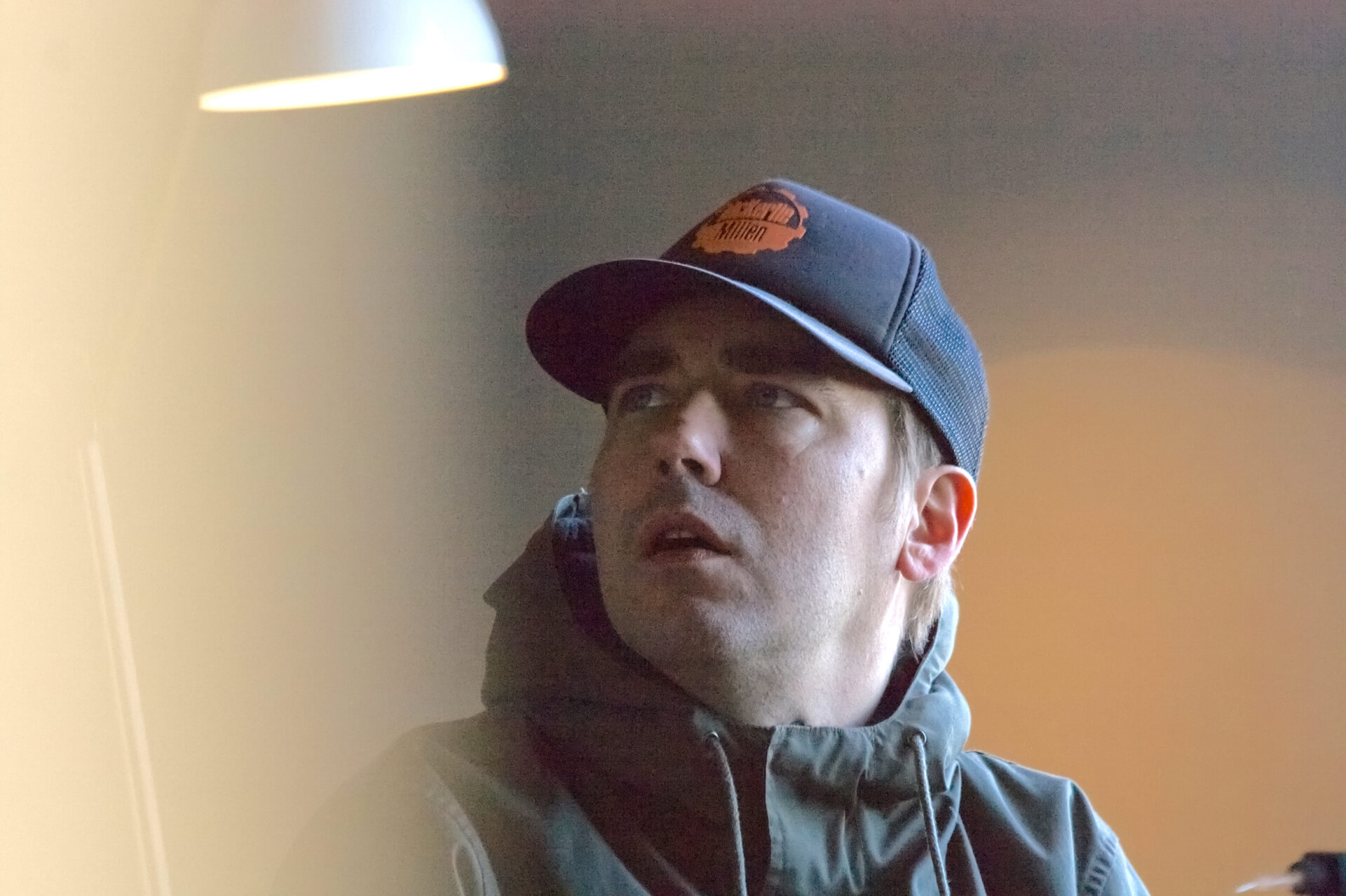
In past interviews you talk about this ‘collaboration’ with colundi, how you’re a vessel for its continuity. It reminds me of reading about the mindset of some spiritual jazz greats — Alice Coltrane, Pharoah Sanders — who speak of channeling the music more than ‘making’ it. How do you know when you’re working like this? Is it something which comes automatically now, after years of practice?
I guess it has always come automatically. Music is magic. I don’t want to analyse it too much. I don’t have the words to describe it. Music is like a stream, a river. It is always there. You connect to it.
How do you know you’re awake, even? I don’t know anything. What I know I’m trying to forget. And what I don’t know I’m trying to remember.
I’ve been wanting to ask for quite some time the naming procedure behind your self-released projects: after the ‘Colundi Sequence’ albums, which seemed to finish around 2019, your albums took on names such as ‘Sunshine’, ‘Moonlight’, and ‘Starlight’, before settling into thematic bundles like ‘Phantasia’ (which I really loved), ‘Spectrum’, ‘Unity’ and now ‘GAIA’. Do the names hold a greater significance than just names? Are they grouped by a change in approaching production or some other attribute?
I like doing album series. I guess it started with Astrobotnia.
I used hardware from 1988 to 2000. After 20 years of computer music I switched back to hardware in 2020. Spectrum is a computer-hardware hybrid. Since Northern Lights every track has been recorded live. I’ve made very few edits. I like it a lot because in this way you are sharing the time with the listener. You are on the same journey in real time. I find the connection more intimate. Most of the time I don’t know what will happen after I hit record. I might have an idea but it will evolve.
Midnight Sun is a celebration of the bright Finnish summer nights. I had lots of fun doing it. PHANTASIA is about letting go, free fall, free flow. It’s somehow like an old video tape. I got the idea for CYCLES in a hotel room in Lyon, France quite some time ago, but it took me a couple of years to get to it and make it into reality. It is about the cycles of life — interests, projects, observations, ideas, situations and so on. I tend to return to same points of interests from time to time, and each cycle you’re coming back to it a bit wiser and your way of dealing with the subject will be different, because you have been there before. CYCLES is also my take on world music, towards the end of the series.
UNITY is for world peace. There I focused on mallet instruments; marimba, xylophone, vibraphone and glockenspiel. Also an “icephone” — a xylophone made from ice. I made different sized ice bars and sampled them and combined with sine waves. And also handrails, brake discs, whatever sounds good to me. The last few years I have been avoiding saw and square waves. The non linear nature of colundi frequencies favours exotic sound partials found in ethnic percussion instruments as opposed to the equal tempered harmonics of the western world. I steer my research mostly towards Asia.
ALITHIA — additive synthesis, as a part of my two year grant project supported by the KONE foundation here in Finland. I came up with a set of ratios for pleasant sounds and used it throughout ALITHIA. Most of it is pentatonic. I made the first album ALITHIA A’ from sine waves only, there are no real life sounds there.
GAIA is for mother earth. Most of it is heptatonic. It was a long project and ended up being very different from what I expected. I made it during last winter. Again the focus was on additive synthesis of colundi sine waves using ethnic instruments as models for the ratios. Also I recorded loads of pots, pans, ladles, dishes, bowls and bells found in the house. I then made my version of these sounds from sine waves, all colundi frequencies of course.
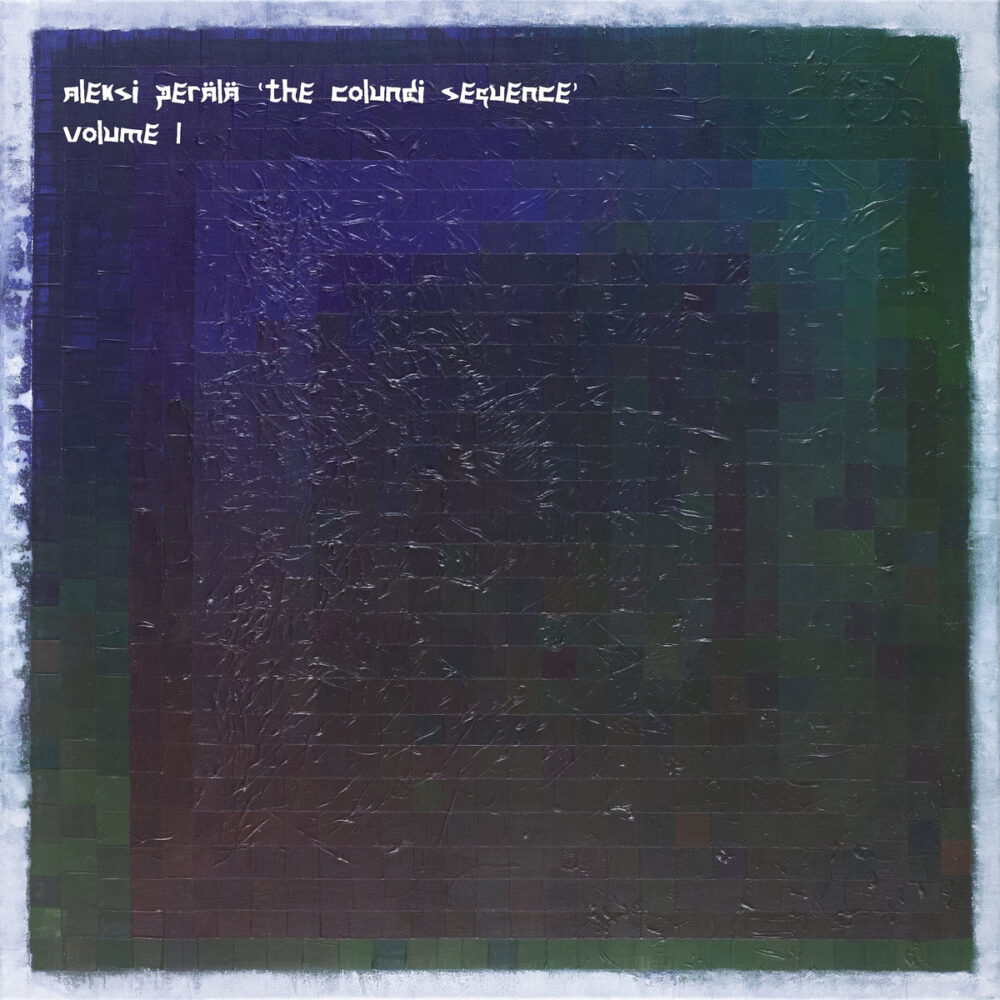
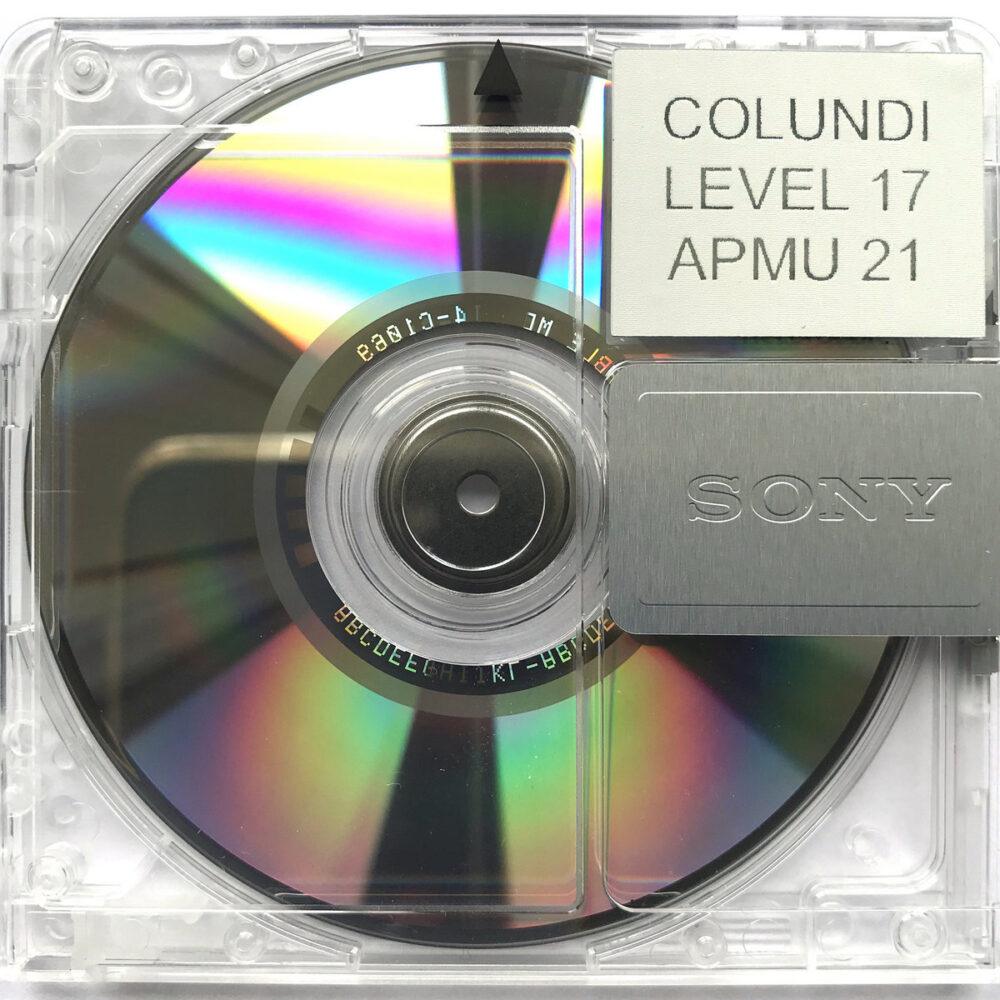
In your music, ritual, spiritualism and symbolism are really clear themes. Has this always been the way, before you worked with colundi? How has your approach to coding this in music changed over the years?
I am on my path.
Having had the opportunity to visit Finland twice, I can see/hear links between your music and the natural landscape of your home country: lakes, forests, rivers and fells — endless summer nights. Is Finland often in your mind when you make your music? Do you code the sensations of natural environments into your music, and if so, how?
I’m glad to hear that you felt the connection with Finnish nature. The environment and the situation affects one whilst making music hugely of course. Since I moved back to Finland it is reflected in the music, naturally. Music sounds and feels different everywhere. I don’t make music consciously though. I might have an idea / concept in mind, but it always ends up being different. In a way my albums are all failed experiments. I had an idea but it collapsed. By now I have accepted it — I let go and do whatever I need to do. I am floating like a leaf in a stream.
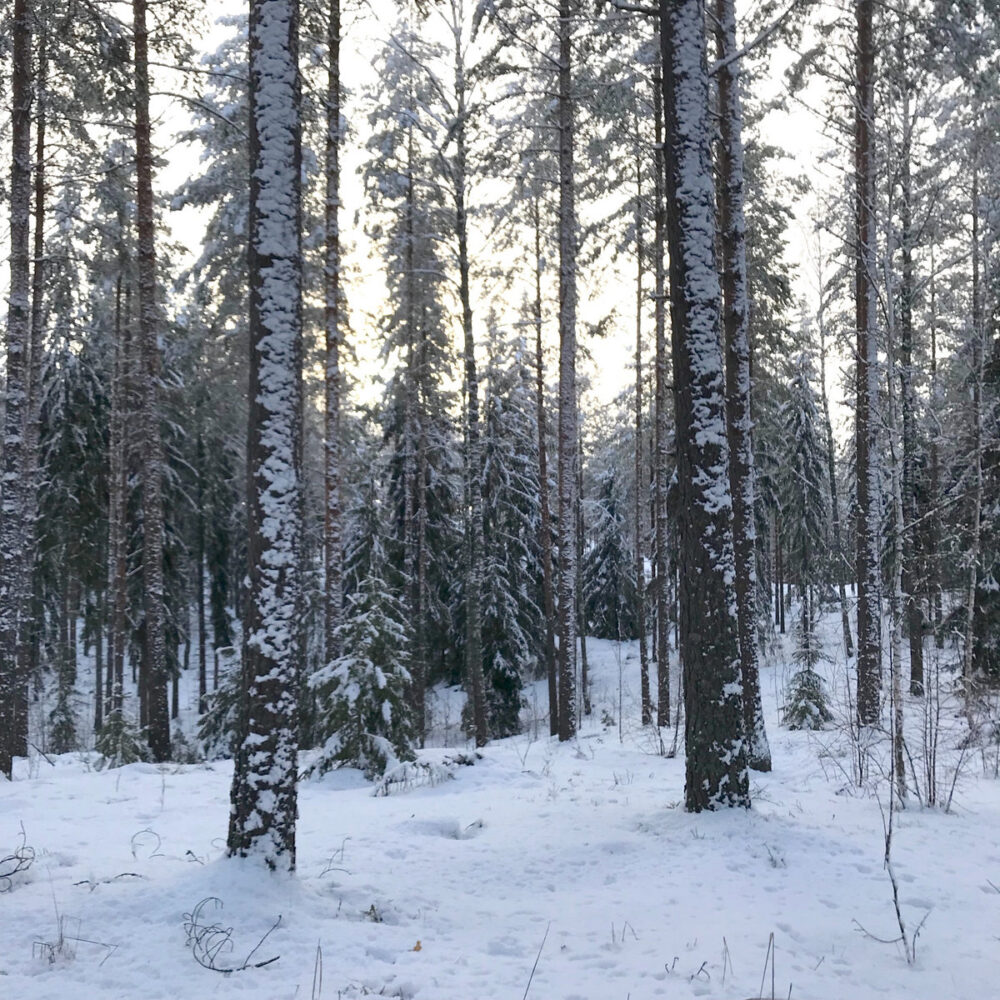

What do you suggest for those looking to begin making music with colundi? There seems to be something more to the process of creating with colundi than simply getting hold of Scala files and making sounds. What are some first steps for would-be colundi initiates?
Don’t listen to me, do your own thing. I would start with what you feel good about and let it do its thing. Follow your ideas and ideals. Never listen to anyone else. Follow your heart. Don’t do anything you don’t want to do. Do the right thing.
I’ve looked for more artists working in the colundi sequence and while there are many experiments, it seems there are fewer people working in it with the absolute dedication you approach it with. Are there any other artists you would recommend?
I don’t know. I don’t listen to a lot of music. I don’t have time for it —my ears are already taken. If I listen to music, it’s mostly old stuff. Right now I love hearing the birds. Gotta enjoy it while it lasts. It’s inspiring and calming. Spring is a wonderful time.
I would recommend you yourself, the person reading this. Yeah you!
You have said you prefer the flow of working in the studio, rather than playing live, as it helps you connect to colundi better. How does your relationship with colundi manifest in your live performances?
I don’t like to perform. I am the quiet type. If you ask me if I wanna go to the party or the library, I say library. If I’ve been tricked into playing live and I somehow get over my shyness and the embarrassment of playing my own music then sometimes I really enjoy it. Sometimes, when the circumstances are right, magic happens. I live for those moments.
In general, playing live is a huge distraction. It takes a long time to prepare for a live gig, but even longer to make the music in the first place. I’m not the DJ type. I prefer going deep in the creation of sound. I’m trying to remember the past, present and the future.
Aleksi Perälä will premiere his upcoming album at Jedno Ucho and perform live at Lunchmeat Teknologi on May 12, 2023.



